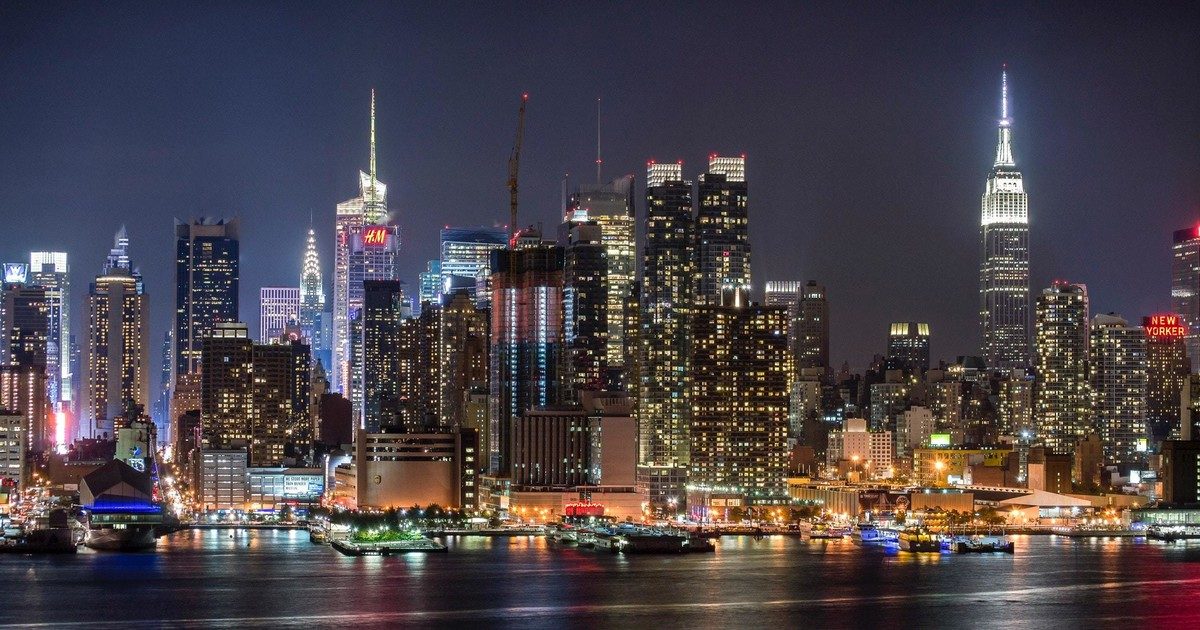In December 2nd’s class we discussed the Global City and the economic shifts that have characterized them in recent years. Ho Chi Minh City is a perfect illustration of the geographic dispersal of economic activity as it has risen in global prominence since the U.S. 2008 stock market crash. As Vietnam transitioned from a communist country after the Vietnam war, it experienced conditions of privatization, deregulation, and free trade which have been mirrored in developing countries around the world. As seen in the sexual relationships detailed in the reading, this has resulted in Asian ascendancy as well as a greater emphasis on a class-based hierarchy. Interestingly, Ho Chi Minh City does not seem to fit the pattern of denationalization of urban space. While shifting national power dynamics are at play in the city, the line between Westerners and Vietnamese is very clearly demarcated by access to specific clubs and alcohol purchasing patterns.
The concept of cynical performance which Prof. Greene brought up in class is particularly interesting when discussing sex work. It suggests that when the women engage in behaviors that emphasize their submissiveness, Asian identity or lower class status compared to their customers they do so intentionally for financial gain. They do not individually identify with the role they are performing but exploit gender, race and class dynamics to derive profit and power from market relationships with male clients.
The question posed by Sulwan about comparisons between ethnoburbs and racialized sex work in Vietnam raised many interesting points. Stereotypes directed at Asians in the ethnoburb centered around academic achievement and cultural differences. The Western men in HCMC similarly sought to project their Western bias on the Vietnamese sex workers, but different racial assumptions were made along the lines of submissiveness and economic dependency. The reading also mentioned examples of comments made by white men attempting to assert sexual superiority over Asian men. While white communities have less economic capital than their peers in both HCMC and the ethnoburb, they still assume cultural superiority over the Asian populations. Both these seem to be a symptom of the normative whiteness practiced in the U.S.
Prof. Greene described the Vietnamese government as supportive of the growing sex industry, which I would not have expected. I thought the relationship between the government and sex work was similar to the example given by the lower end bars. They paid off the police and acted under the pretense of enforced rules by hiding evidence of sex work. This view aligns with the stereotype of corruption in the developing world but clearly does not encapsulate the complex dynamics of sexual relationships in a Global City. I am curious why the government chooses to support the sex industry and what specific policy decisions have supported its growth.
The exclusivity of Vietnamese businessmen seems similar to the spatial capital and privileged consumption exercised by white gentrifiers in historically black neighborhoods. They create spaces that have no formal mechanisms to keep Westerners out but do so through de facto cultural practices surrounding sex and alcohol.

I also found it interesting that the Vietnamese government would support the sex industry. But I believe they have several reasons for doing this, most importantly because they benefit from the sex industry. This industry seemingly brings in lots of money and lots of different people, from local Vietnamese citizens to Western businessmen from the US and Europe. By allowing this too happen it is stimulating the local economy to a large extent and bringing money from outside of the country into the pockets of Vietnamese citizens. Secondly, I believe Professor Greene mentioned this but the government is likely only supporting this industry for the current time and will withdraw support when HCMC and Vietnam enter the threshold of being a first world country. Lastly, the government is not wholeheartedly supporting the industry it seems, by having the Mommy’s of these establishments feel the need to pay off police men it gives me the impression that these establishments are in no way legal but are, for a certain amount of money, able to be overseen for now.
When discussing the Vietnamese government and its relation to sex work, I immediately thought of the similarities it had with the Red Light District in Amsterdam. I think that both of these places use sex work as a way to boost their national economies, as tourists who don’t have this sort of thing in their own homeland are perplexed by it and want to visit and spend their money to see what its like. As with most things today, I definitely think that money plays an important role.
In class we had a lengthy conversation about gender politics in the city and how we have observed the persistence of gender roles in our own lives. After class, a classmate and I jokingly got into a conversation about how “love oppresses women” but it got me thinking. Growing up my dad would leave the plate at the table after my mom cooked for him which infuriated me from a young age. At the time I could not articulate what I was feeling but I knew something was not right. In the present day I have vowed not to recreate those behaviors in my relationship. In spite of this I have found myself cooking for my partner while he chats with his friends and I feel taken back. I feel like I began to understand my mother’s justification of doing something for your partner because you love them and are compelled to help them. In spite of this, it is fascinating how everyone’s examples were connected with the changing role of women in the city who now balance the expectation of being a worker with the legacy of being a “domestic goddess” (Greene 2019). Vietnamese sex worker’s economic trajectories are another embodiment of the the passage into the market economy.